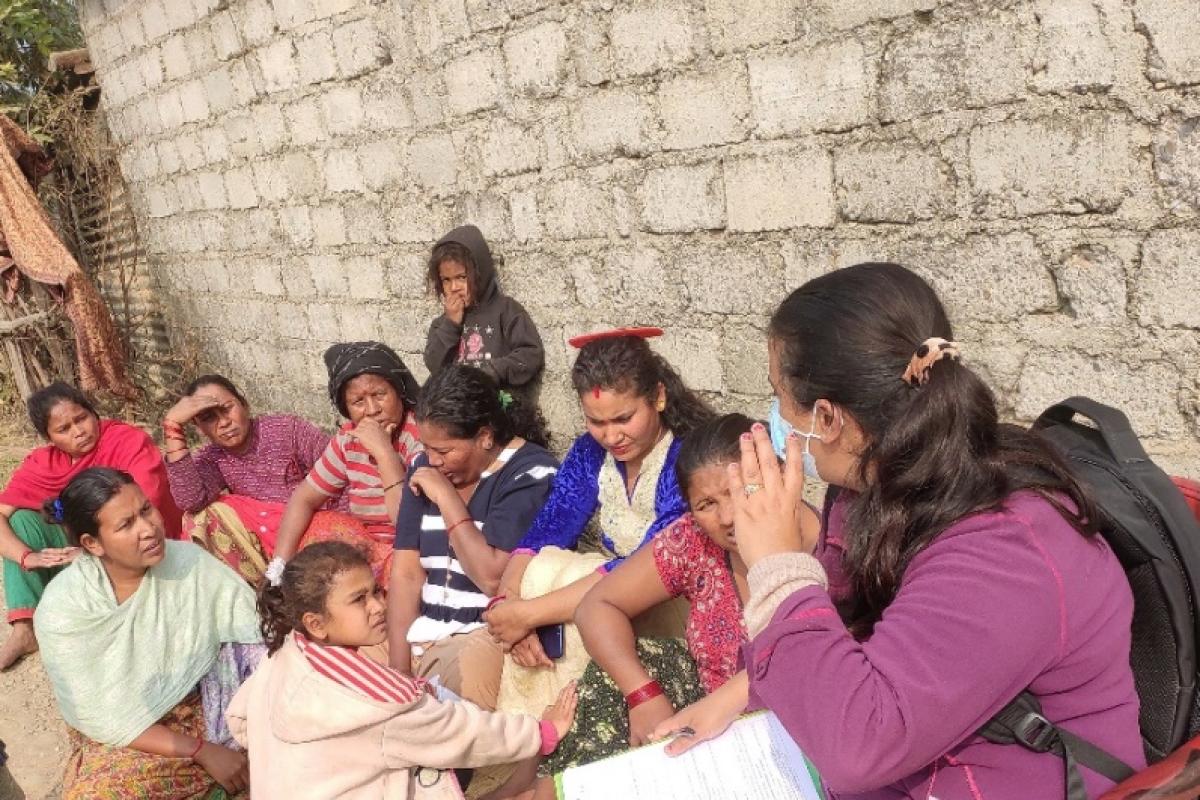Project Partner Global Green Growth Institute (GGGI)
Project Location Jhapa, Morang, Parsa, Dhanusha. Kaski, Dang, Banke, Surkhet, Kailali, Rupandehi, Syangja, Nawalpur, Sarlahi, Sunsari
Project Duration Dec 2020 - Mar 2021
Description
The government of Nepal declared the country free from open defecation in September 2019 and is rapidly scaling up to provide access to safely managed sanitation services as the next priority. The proper management of faecal sludge is one of the most important components to achieve the target of improved sanitation and for this, a sustainable solution is required. The goal of this project is to develop climate-resilient, pro-poor, and sustainable city-wide inclusive sanitation (CWIS) services that are optimized concerning financial viability, affordability, and public demand, through an extensive scoping study (i.e., the co-treatment of faecal sludge with municipal solid waste in a bio-digester) to produce bio CNG. And to support this, Eco Concern Pvt. Ltd. had carried out faecal sludge assessment in 19 different municipalities of Nepal in coordination with Global Green Growth Institute (GGGI) and Alternative Energy Promotion Centre (AEPC) Nepal.
The project also aimed to understand the faecal sludge collectors’ willingness for payment as a tipping fee while disposing to the designated treatment system and to collect information on the toxicity level of faecal sludge in 2 municipalities each representative of different urban settlements.
Objectives
- To assess the existing faecal sludge management practices in each of the 19 municipalities
- To quantify the faecal sludge generated in the municipalities by sludge generation and sludge production method
- To understand the faecal sludge collectors’ willingness for payment as tipping fee while disposing to the designated treatment system
- To collect information on the toxicity level of faecal sludge in 2 municipalities each representative of different urban settlements
Project Accomplishments
During the project, the existing faecal sludge management practices across 19 municipalities were studied. Policies and practices regarding faecal sludge management at the local, provincial, and state government levels were also reviewed.
Primary data were collected through rapport building, consultation meetings on FSM, KII with stakeholders and FGD with the local people and faecal sludge sample analysis. Secondary data available from different published reports and documents from government and other authorized sources were reviewed to understand the existing practices related to the collection and transportation of faecal sludge The faecal sludge collectors working within the municipality were assessed to understand their existing practices of disposal of the collected faecal sludge and also, to understand their willingness for payment as a tipping fee while disposing to the designated treatment system. Field observation was done to cross-verify the gathered information and to observe the current scenario. The field visits were carried out to monitor the faecal collection and disposal practices.
Faecal sludge samples were collected from two municipalities, one from Mahalaxmi Municipality and one from Itahari Sub-Metropolitan City. From each municipality, five sludge samples were collected from different types of establishments (commercial building, hospital, factory, public toilet and household). The toxicity of the faecal sludge was tested by analysis of 13 different parameters. The faecal sludge was quantified based on three approaches: - population-based method, containment method and sludge collection method.


